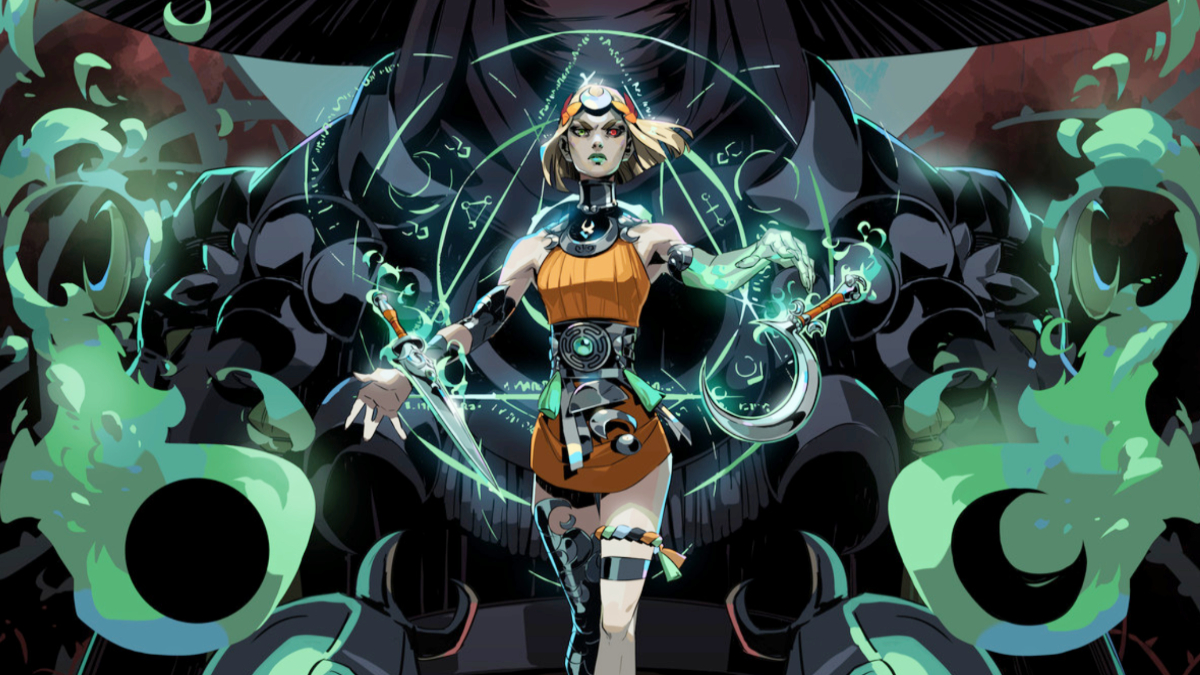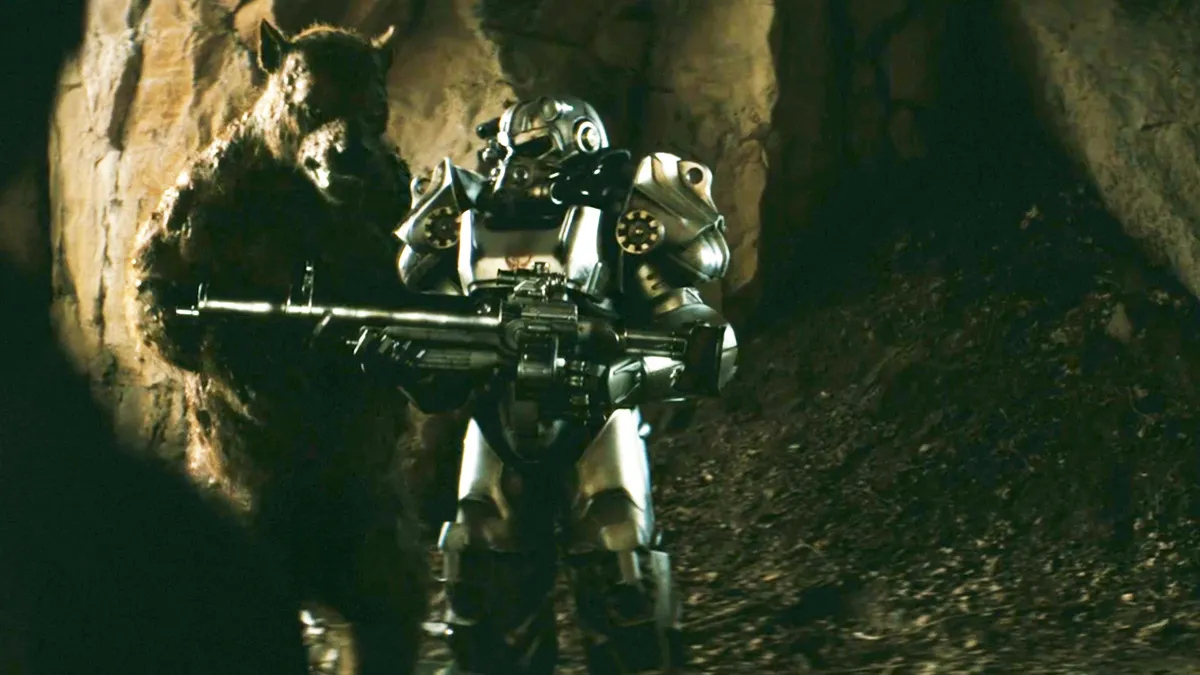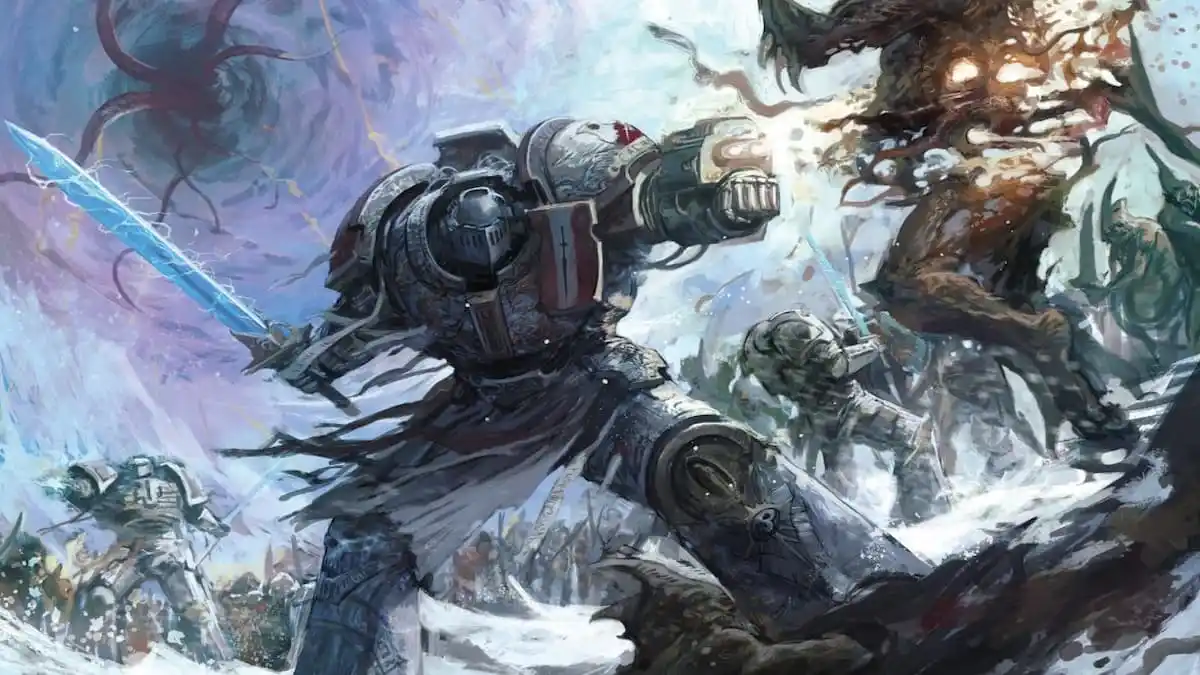
Special Forces: Team X gives third person shooter fans a pure action experience with a core focus on players having fun, with a few close friends. Cover-based action is growing more and more in popularity, but it seems that few manage to truly emphasize teamwork. Luckily, STX combines numerous game design principles into a single package that truly encourages players to communicate and fight as an elite squad of death dealers.
Jumping into the game full throttle immediately feels comfortable for anyone who has played a third person shooter in recent years. Gears of War is a title that seems to have perfected this formula and it’s hard to imagine any other game achieving something drastically different. STX follows your standard cover system mechanics, but lacks a certain level of polish. Often you may find yourself hanging on walls, as you bash the controller to dig yourself out of cover. Small bugs affect the core gameplay and pull players out of the experience by limiting the immersion of control with their on-screen death dealer.
This hurts the core experience in a way that’s not only frustrating in terms of pure gameplay, but also downplays the great base of customization that the game offers. By breaking player immersion and control, the game makes you feel disconnected from the character you create. Gaining levels grants your character with a wide range of gear, weaponry, and clothing options. It’s clear from the beginning that Zombie Studios wants you peering desperately into the future at the awesome items waiting for you in higher levels.

Players are given two different loadouts to customize. This grants you two different play styles to switch from and you can effectively switch between loadouts in order to adapt to current demands of the battlefield.
All-in-all, sixteen primary weapons are available to the player. Each of these has a selection of attachments that unlock as you gain XP. Secondary weapons provide an added flair, as each weapon associates with a specific stealth assassination animation. Running a loadout with a tactical knife plays out a brutal neck slice from behind. Achieving one of these animations always feels satisfying no matter how many times you manage to pull it off.
Lastly, players can select two options for both skills and gear. Skills rely heavily on the active bonuses that come with staying within your group. It’s an interesting idea that helps reinforce the core ideas of squad based shooters. Proper teamwork is a necessity to excel in STX. This design philosophy is encouraged greatly by linking the skill options to only becoming active once you are in proximity of your teammates, and actively gain a Team XP Bonus.
There is a large amount of customization options for players, but many will find that the more enjoyable unlocks come around after level twenty. With so many of the fun items locked away until higher levels, it hinders on the awesome formula Zombie Studios is implementing. STX is fun from the first game you play, but the way items unlock severely hinders the time it takes for the game to become addicting.

One important feature of STX is the dynamic map tile system that allows players a unique amount of control over the action ahead of them. Players are able to vote for three different sets of tiles that mix and match to create a unique map each time you play. This makes for interesting gameplay that forces you to become more aware of the environments you play in. Learning the layouts of different tiles is key to gaining solid tactical awareness and ensuring that the maps stay fresh.
Unfortunately, this awesome system is limited by a certain set of tiles restricted to the same theme. It would have been nice for Zombie Studios to have included at least four differently themed tile sets. Of course, seeing such an awesome feature included in a shooter opens my mind to the possibilities of future content. We can only hope that the team offers at least a few environment tiles for free, but combines free content with premium packs of DLC that expand on the great foundations Zombie Studios has built.
Scattered through the different tiles are what can best be described as game-changers. Power-ups are located in specific crates within the level that respawn on a timer after each use. Players will be able to access rocket launchers, chainsaws, Gatling guns, air strikes, and a few more in order to turn the tides of a match. The inclusion of power-ups adds a new layer to the gameplay that helps keep the game entertaining.
STX sticks to its emphasis of creating a highly entertaining digital space, by presenting itself through a cel-shaded lens. The smooth comic-book feel adds to the overall feel, and breathes a certain life into the world around you. Zombie Studios could have easily attempted a realistic look, but the artistic vision for the game compliments its focus on just enjoying your time with the gameplay.

STX offers players the chance of shooting it out in classic modes like Team Deathmatch, Capture Point, and Capture the Flag. In addition, two unique modes, High Value Target and Hot Zone, both make use of pitting multiple teams against each other. This offers a variety of options for how you approach your game session, and it’s nice to be able to search for servers via a filter. Occasionally, sessions will drop out due to a lack of host migration, but my time with the game limited its presentation of this aspect.
Playing the game by cover swapping gives players the best advantage, and once you gain a grasp on the controls it becomes easier to handle. The biggest control issues I faced occurred as I tossed grenades and fired from cover. Grenades would bounce off of the wall I stuck too, or weapon fire fell prone to lagging connections. Often times, the inevitable deaths that resulted were times of laughter, rather than rage. Zombie Studios has created a game with a great amount of charm for a third person shooter, and constantly reminds players that they should be having fun.
Special Forces: Team X is a third person shooter that focuses on cover based action. While the game faces several minor issues of polish, overall it remains a great example of a shooter just being a shooter. Players looking for a fun firefight will find their money well invested with STX. Just remember that the lack of polish may drive you insane if you’re accustomed to the high quality polish of AAA titles. If all goes well though, players will be able to look forward to Zombie Studios expanding the customization options with downloadable content. STX may possibly be the building blocks to something greater, and now is the perfect time to invest.
This review is based on an XBLA copy of the game that was provided for us.
[springboard type=”video” id=”662295″ player=”wgtc007″ width=”600″ height=”350″ ]





